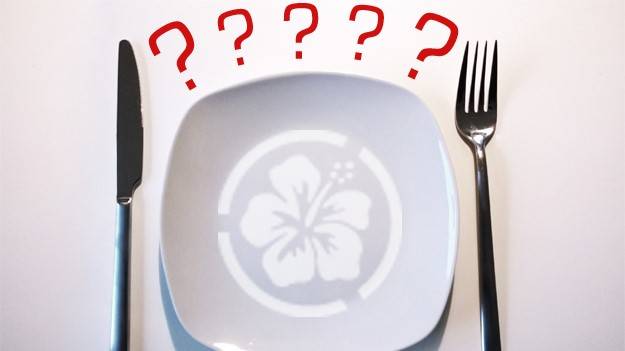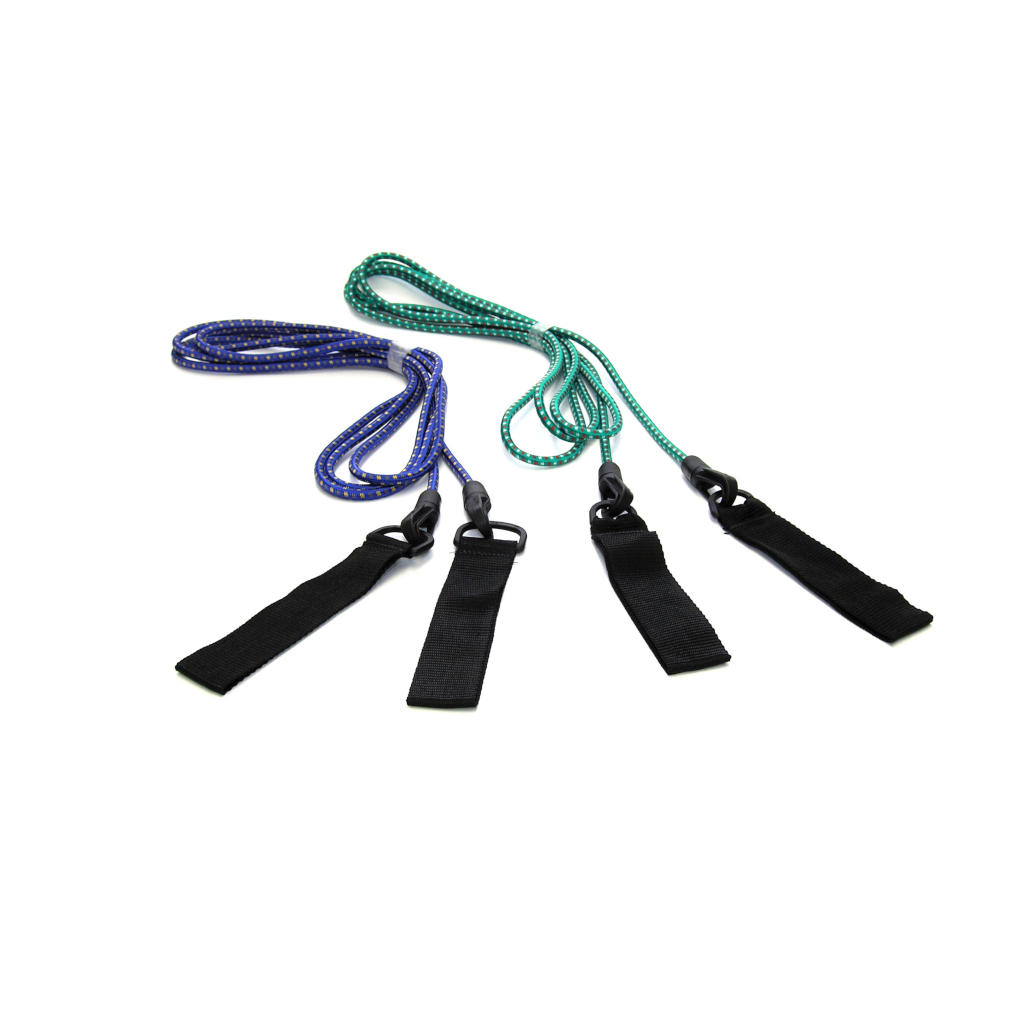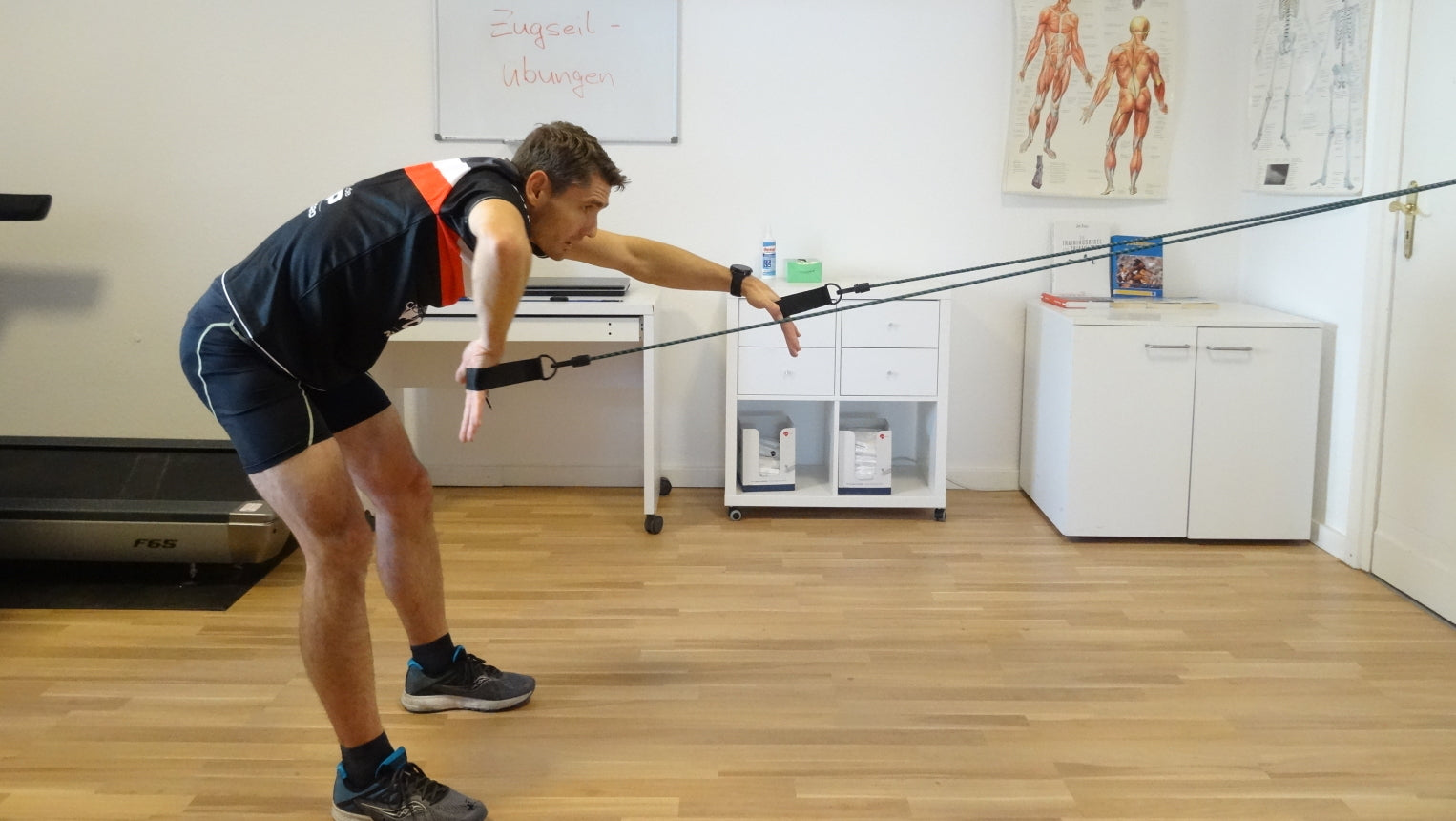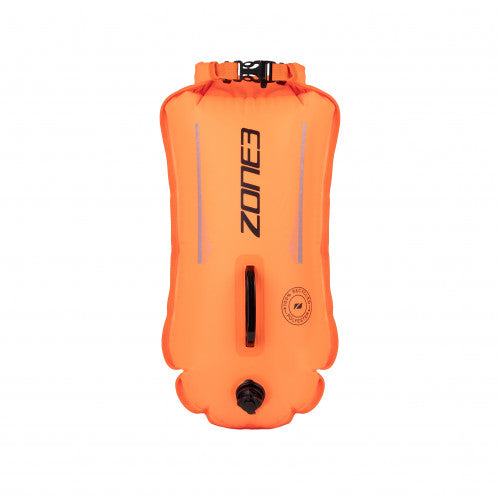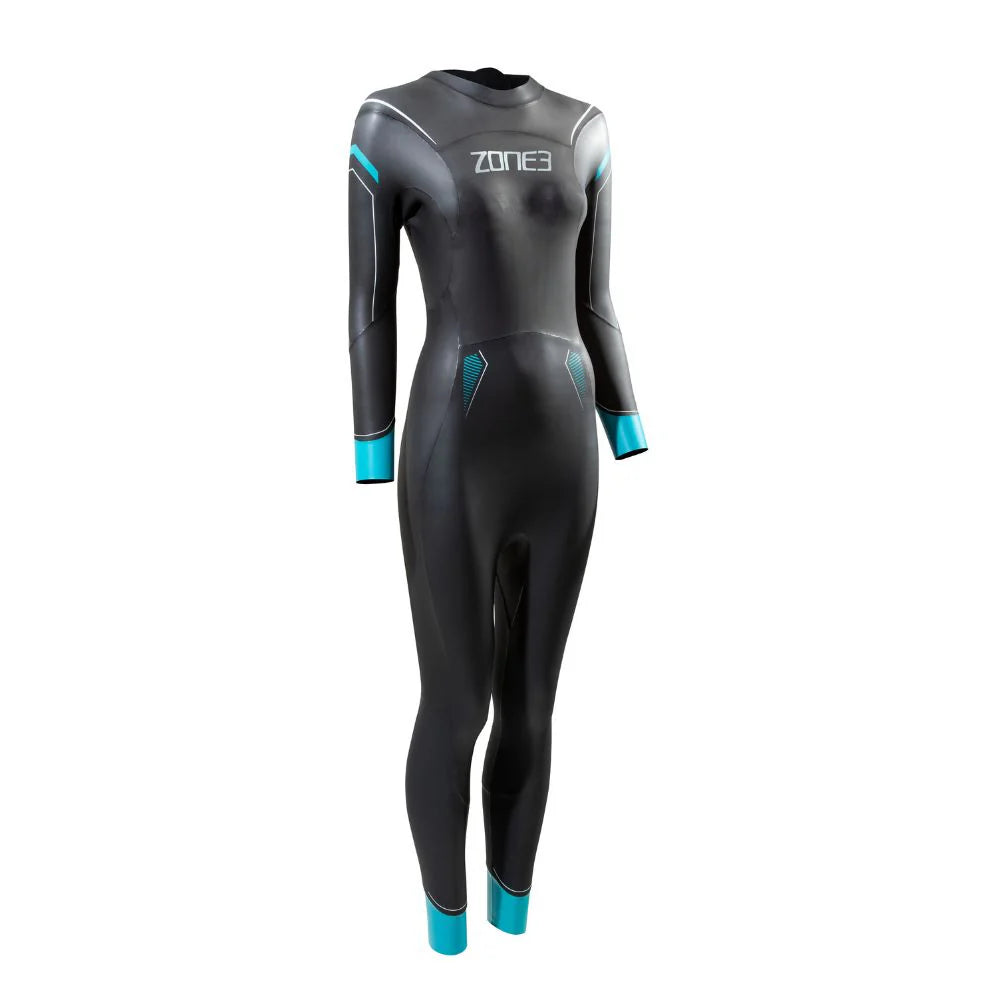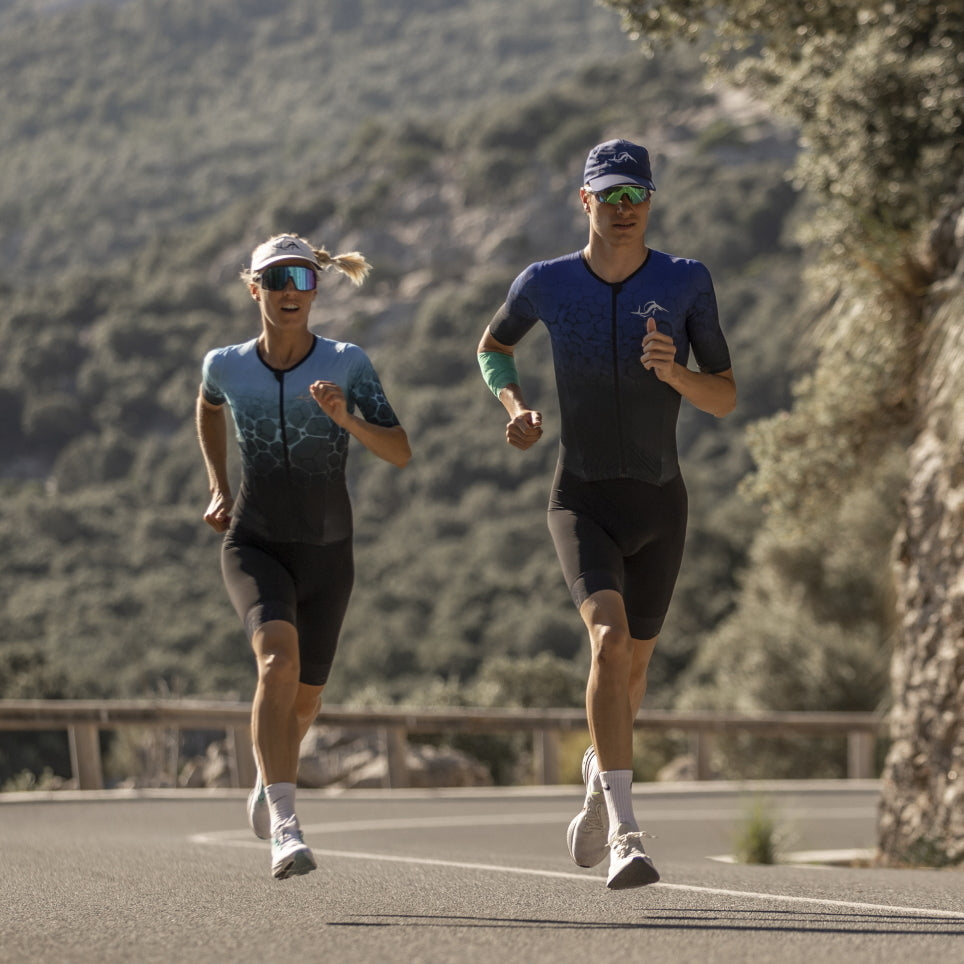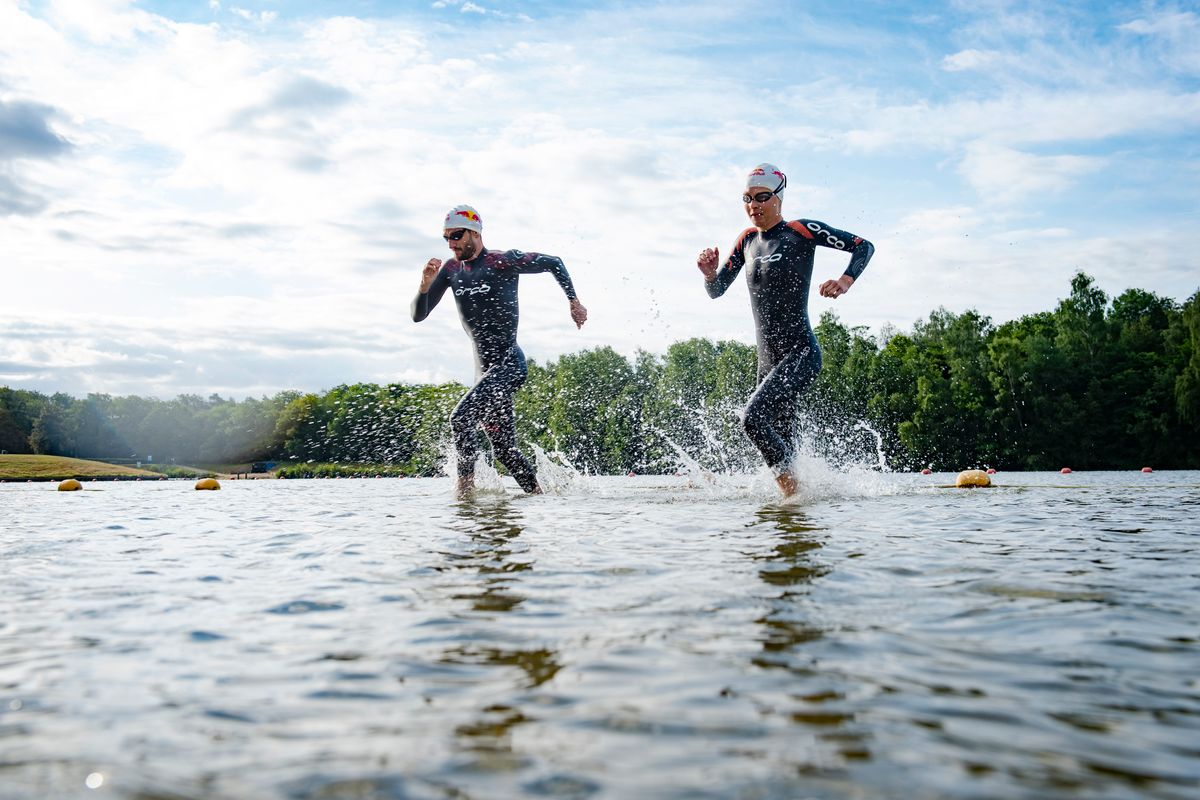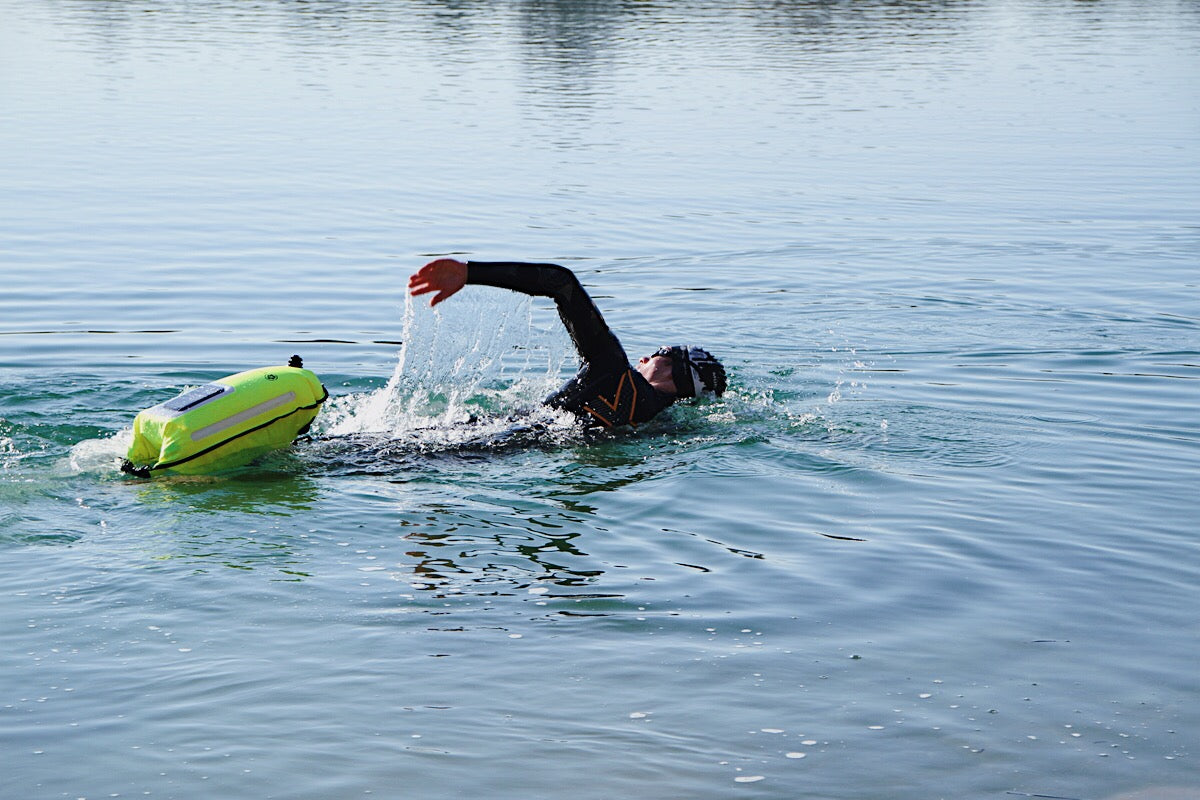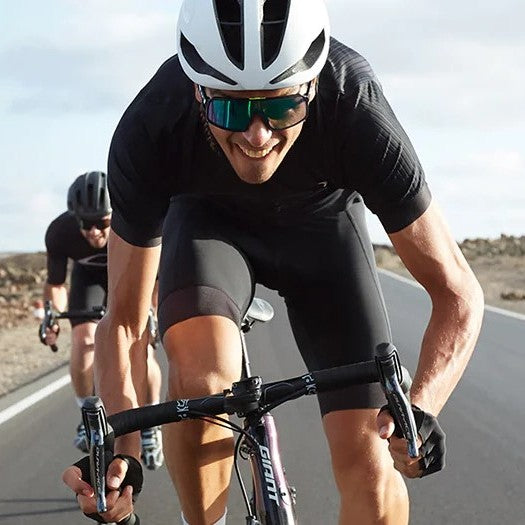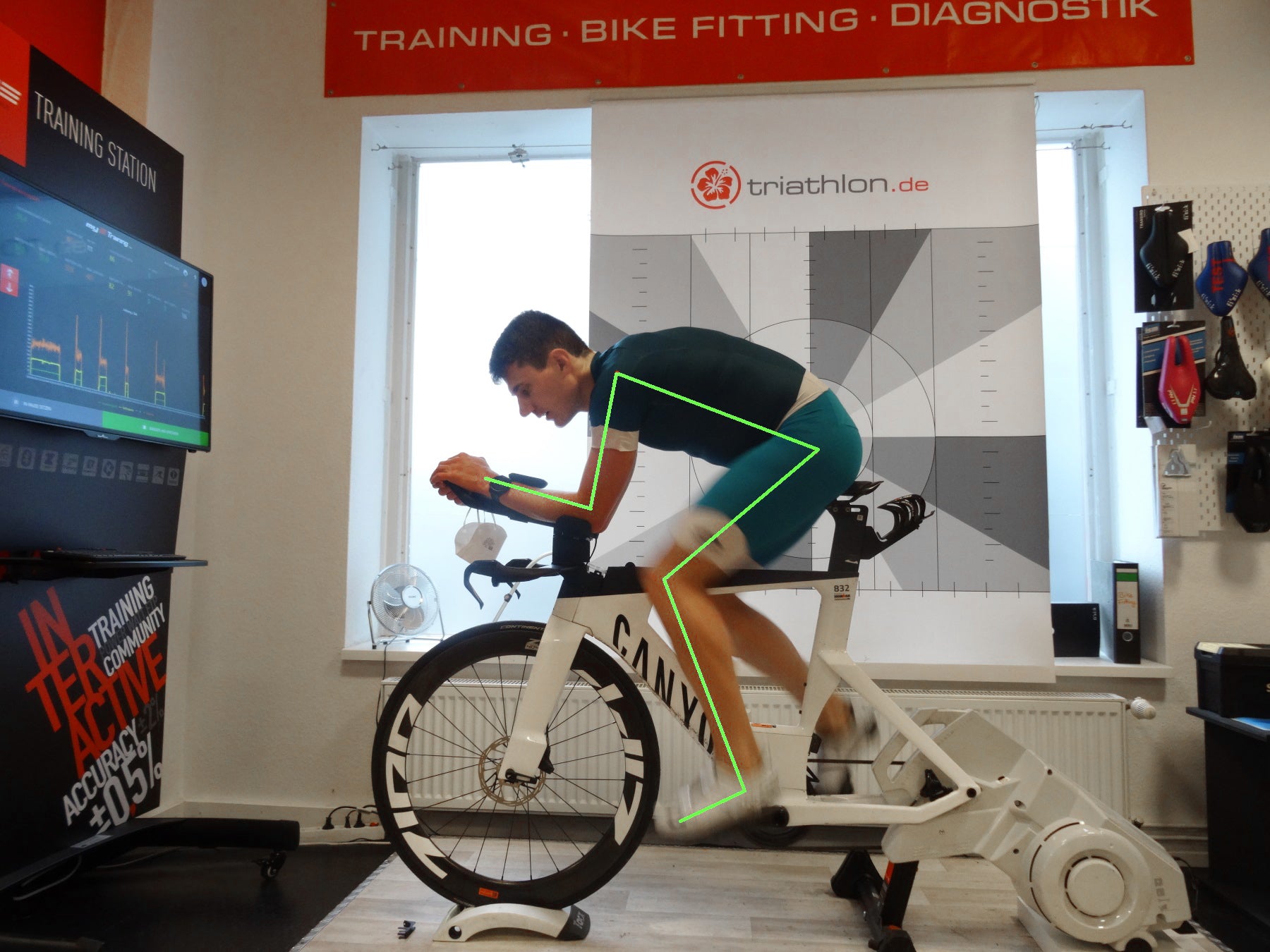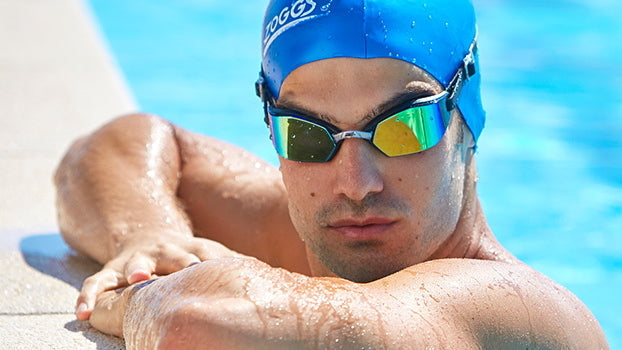Training camp is often a physical state of emergency. Suddenly rapid volumes increase, the intensity increases thanks to group dynamics. For those who lack routine - and that's probably the case for most of them - nutrition during these weeks is a gamble. A dangerous one. Too little food leads to a drop in performance or illness, too much becomes a burden. Literally. Roy Hinnen therefore has a few tips ready.
When it comes to nutrition, there are differences in the training camp compared to “usual” eating habits. Suddenly how much more energy is needed than you are used to. So you have to eat more. But when? And what? This question worries some. Some others do it on the spur of the moment. Eating a big breakfast in the morning, hoping it lasts and tucking into the buffet in the evening.
PICTURE
What should be on the plate? Roy Hinnen has tips.
Roy Hinnen has a few tips on how to get back fit and healthy from the training camp thanks to sensible nutrition.
First of all, a few basic things: Have a light breakfast and consume 60-80 grams of carbohydrates continuously from the first hour on the bike. In the evening, eat light and balanced, but not excessively.
Test and learn nutrition during sport
The focus of your nutrition in the training camp is on the active time (on the bike). So eat while cycling. This is how the body learns to use calories under stress and convert them into energy. Throughout the day, supplement 5x 20 grams of protein with a good amino acid profile. In order to boost the fat metabolism, around one liter of olive oil (the figure applies to an 80 kg athlete) is consumed during the training camp. Take a good organic olive oil with you from home. Have an occasional sip of oil throughout the day—you can do this on your bike, too—and increase your intake as camp progresses. The olive oil provides a lot of energy, so that your metabolism is activated. This promotes the breakdown of lactate a little and leads to a warm body feeling: you feel less cold. You also conserve your glycogen stores because the insulin level in the blood remains more constant.
Apartment instead of hotel?
Check in advance what food you can get at the hotel and the location of the training camp. In Spain, for example, there is traditionally a lot of white bread and pastries. Despite the many hours of training, you come home with up to three kilograms more weight. If that were muscle mass, it would be great. But most of the time it's just fat. That's why it makes more sense to rent an apartment instead of a hotel. You can bring your own food and make your diet healthy and balanced.
For the one-week training camp, I give my athletes who live in apartments the following packing slip:
- 3 kg spelled flour
- 500 grams of dates
- 100 grams of honey
- Himalayan salt
- 1l olive oil
- protein
The advantage of self-catering
You have your home-baked bread with you on every bike ride, you take your protein every four to five hours and a sip from the olive oil bottle every now and then. The classic diet in training camps usually consists of having a hearty breakfast and hardly consuming anything during the day so that you can really have a great meal at dinner. With your variant you have a clear advantage compared to the widespread eating habits in training camps and hotels:
- No immense expenditure of energy for the nightly digestion of the excessively large dinner.
- You absorb more vitamins and minerals throughout the day.
- Because you go to dinner less hungry, you automatically eat less greens, like salads, which are commonly overeaten to save calories. So you have a better acid-base balance in the morning. What stomach and intestines want to digest salads all night long? Not mine.
- Reduce meat, eggs and dairy products as much as possible. Especially in Spain their quality is not very high. Residues from veterinary medicines burden you unnecessarily and have paralyzed many an immune system.
Roy Hinnen's training camp nutrition plan
I'm really not a gourmet cook, I've never looked in a cookbook before. Still, what you find on this list has stood the test of time for me over the years. To me, these are very simple, no-frills, field worker meals. But not only the what, but the how has a great influence on the effect of the food. Eat in peace, do not drink anything with food, look at the food, say thank you and please also sin regularly. All information about the supplements must be coordinated individually, but my advice will certainly not hurt if dosed correctly.

